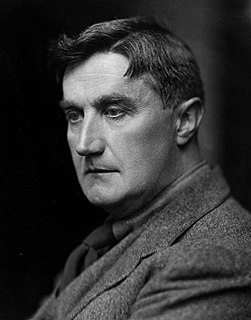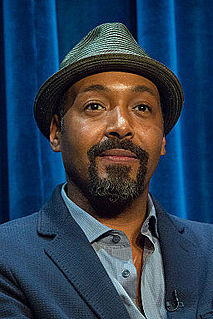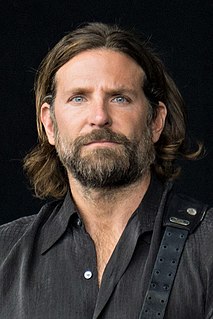Цитата Луизы Пост
На самом деле я имел удовольствие встретить Дэвида Боуи на вечеринке по случаю его 50-летия в Нью-Йорке. Я протянул ему кассету с «Восемь рук, чтобы держать тебя», которую я только что получил в тот день в качестве аванса. Он очень любезно поблагодарил меня и сунул его в карман пиджака.
Связанные цитаты
Свое 40-летие я провел в доме престарелых. Мое 50-летие было у меня в «Правде» до того, как она открылась в Нью-Йорке. Мое 60-е у меня было в Пастисе. На свое 70-летие я подумал: «Мне не нужна вечеринка со знаменитостями в этом году». Я собираюсь взять своих самых старых, самых близких друзей в Париж.
Моему сыну недавно исполнилось восемь лет, и у нас была возможность одолжить фильм и показать его всем его друзьям, которые были на вечеринке по случаю его дня рождения, и им он понравился. Я немного нервничал. Я сказал, что им это может даже не понравиться, и они скажут, что фильм его папы дурацкий, но им он понравился.
Если вы взяли пару Дэвида Боуи и наклеили один из Дэвида Боуи поверх другого Дэвида Боуи, то прикрепили еще один Дэвид Боуи к концу каждого из дужек верхней части первых двух Дэвидов Боуи и обернули весь в грязном пляжном халате у вас будет что-то, что не совсем похоже на Джона Ватсона, но что те, кто его знал, сочтут навязчиво знакомым.
К своему тридцатилетию он заполнил целый ночной клуб на Риджент-стрит; люди стояли в очереди на тротуаре, чтобы попасть внутрь. SIM-карта его мобильного телефона в его кармане была переполнена телефонными номерами всех сотен людей, которых он встретил за последние десять лет, и все же единственный человек, которого он когда-либо хотел поговорить с которым все это время стоял сейчас в соседней комнате.
[Есть] чувство узнавания, как при встрече со старым другом, которое приходит ко всем нам перед лицом большого художественного опыта. У меня было то же самое, когда я впервые услышал английскую народную песню, когда я впервые увидел «День и ночь» Микеланджело, когда я внезапно наткнулся на Стоунхендж или впервые увидел Нью-Йорк — интуитивное ощущение, что я уже был там.
Давным-давно я прогуливался по улице Гарлема в Нью-Йорке. Я наткнулся на человека, который попросил у меня доллар. Он спрашивал еще нескольких человек до меня, но они только прошли мимо него, даже не взглянув в его сторону. Я остановился и протянул мужчине немного денег. Когда я начала отворачиваться, он протянул руку и пожал мне руку. Он посмотрел мне в глаза и сказал: «Я благословлю тебя». Так вот, я не говорю, что это был Сам Бог. Но откуда нам знать, что это не кто-то работал на него, переодевшись, просто чтобы посмотреть, что мы будем делать?
Клэй Фелкер был тогда — он имел — к его чести, он создал New York Magazine, который был первым из городских журналов, которые освещали город и давали всевозможные советы и тому подобное. И к моменту его отъезда копии были по всей стране. Однако у него был взгляд на журналистику, который, должен сказать, был очень похож на взгляд Тины Браун из The New Yorker. Вы бьете их сильно, быстро, даете им тему для разговора на следующий день после выхода газеты, в отличие от Уильяма Шона, который давал им тему для обсуждения через два-три года.
Когда Люк спустился в реку Стикс, ему пришлось бы сосредоточиться на чем-то важном, что удержало бы его в земной жизни. Иначе бы он растворился. Я видел Аннабет, и мне показалось, что он тоже. Он представил себе ту сцену, которую показала мне Гестия, — самого себя в старые добрые времена с Талией и Аннабет, когда он пообещал, что они станут семьей. Ранение Аннабет в бою заставило его вспомнить об этом обещании. Это позволило его смертной совести снова взять верх и победить Кроноса. Его слабое место — его ахиллесова пята — спасло нас всех.
Я всегда как бы говорю — по крайней мере, себе или своим друзьям — о желании сделать жизнь очень простой. Я нашел это самым простым здесь, в Нью-Йорке. Знаете, в основном у меня работа с 9 до 5, понимаете? Я даю восемь шоу в неделю. Я живу в Нью-Йорке. Я могу ходить повсюду, и, знаете, просто быть одним из горожан. И это на самом деле прекрасно.



































